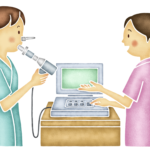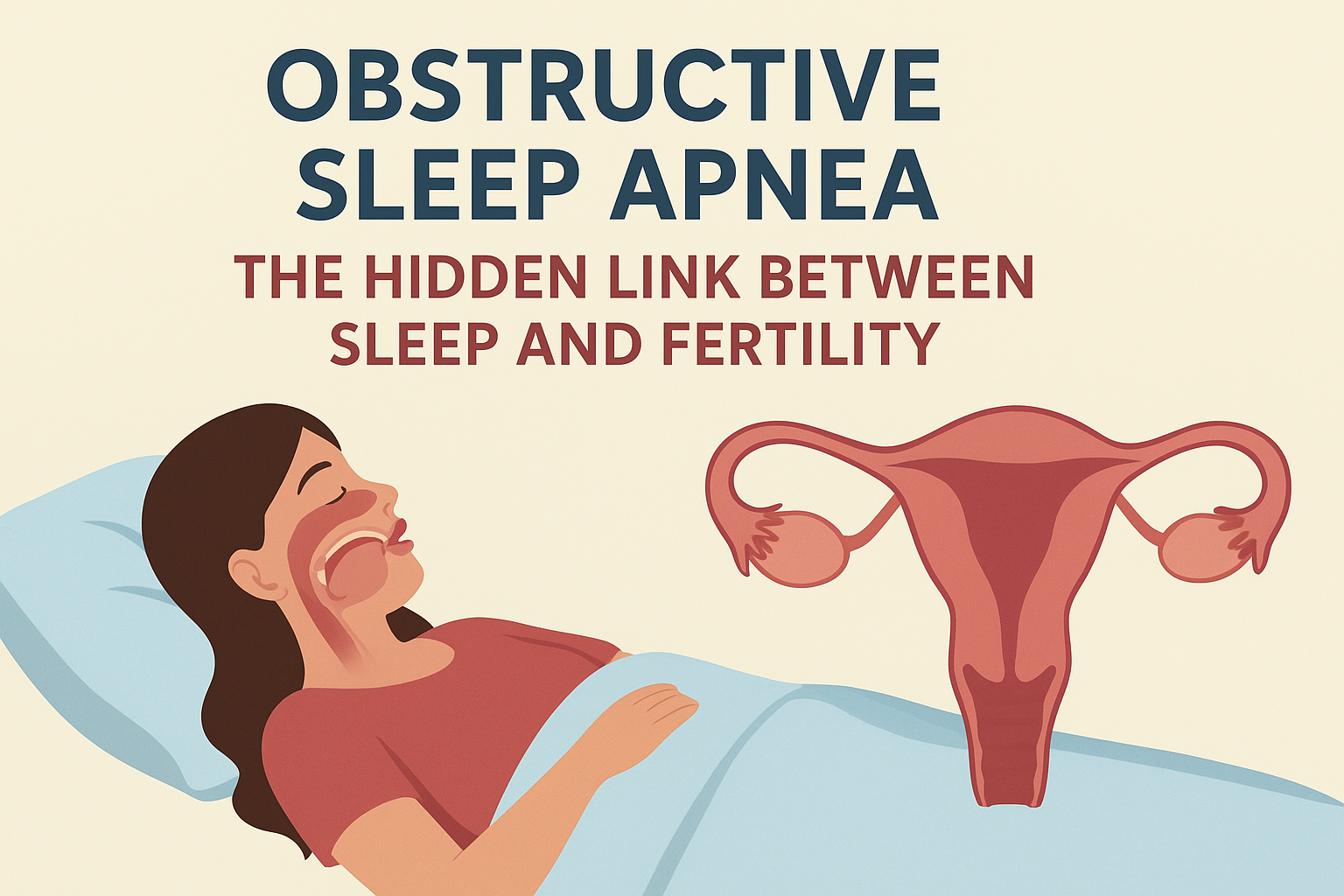Frequent travelers, it’s time to fight our worst enemy: jet lag.
While there’s no easy way to completely beat jet lag, there are several steps you can take to ease the pain of crossing multiple time zones quickly.
Essentially, jet lag is a series of symptoms that occur when our internal body clock is disrupted. We all have a built-in body clock. It’s a small group of cells made up of unique ‘body clock’ genes, called the suprachiasmatic nucleus, or SCN. These cells turn on and off and tell other parts of the body what time it is and what to do.
The body clock keeps us in tune with the pattern of day and night. It means we sleep at night, but also affects hunger, mood and blood pressure.
One of the main signals that help to regulate our body clocks is light, which helps us to reset our internal clocks each day to match the sun.
Common symptoms involve fatigue, confusion and lack of awareness. Imagine those symptoms lasting for days as you grapple with the mental and emotional adjustment to your new surroundings.
As if that’s not bad enough, jet lag has also been shown to seriously disrupt our genes, throwing them off their normal rhythms. It’s also been shown to reduce neuron growth in the brain, decrease learning ability and memory capacity and induce stress.
There are several things, however, that do help.
Hydrate yourself.
Drinking water throughout the trip helps ease that process. It doesn’t stop jet lag but it helps make sure dehydration doesn’t compound your fatigue.
Shift your time for long trips.
A few days before you leave, you start to shift your sleep schedule one hour each day. Try to also move your mealtimes. That might mean a super-early trip to the gym in the morning and going to bed before your favorite TV shows are over.
Sleep.
If you can sleep on the plane—even for a few hours—it makes a big difference. Earplugs and an eye mask will help
Avoid alcohol.
Again, the issue here is dehydration on long overseas flights. don’t have too much or you’ll have a nasty headache and never properly adjust to the new time zone.
Avoid naps.
Try to stay awake until your bedtime in your new time zone. It may be painful, but it really is necessary to make the rest of your trip enjoyable and productive. Go for a walk outside. The fresh air and
sunshine make it much easier to stay awake than if you’re stuck inside.
Stretch.
It helps your body feel more normal and not as confined on a plane. This doesn’t combat jet lag per se, but it does reduce some of the scars of travel.













